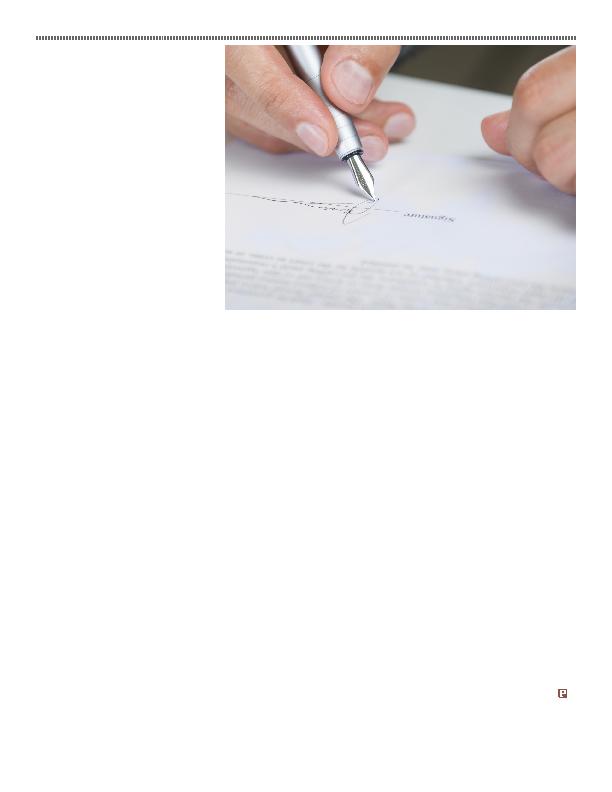
The State Department advises that
the Request for Service Abroad should
prominently display its own authority,
namely Rule 4(c) of the Federal Rules
of Civil Procedure and, for state court
actions, both Rule 4(c) and the local rule
or statute. The U.S. Marshal's Service and
the State Department can supply you with
publications for further information.
Certified Mail
Convention permit service by mail within
their territory. But the mail process is
exceedingly simple. Some practitioners,
however, have always been nervous
about this procedure. If the defendant
challenges service, you will be left only
to argue that the signature on the green
return slip belongs to the defendant or its
representative. If the signature on the slip
is later denied, any resulting judgment will
be subject to attack. Attempting to sustain
that judgment could turn out to be a far
more expensive and time-consuming task
than using another form of service at the
outset would have been.
request by your local court addressed
to a court in the foreign jurisdiction
for issuance of process. Service of the
foreign summons is then accomplished
by foreign personnel. This procedure is
sufficient regarding later enforcement
of an American judgment because
the summons is issued by the court
in the foreign jurisdiction, which has
personal jurisdiction over the defendant.
It is, however, a complex and time-
consuming process. The advantage of
the letters rogatory procedure lies in the
enforceability of the American judgment
in the country where service of process
was issued.
This procedure begins in your local
court, where you petition for issuance
of letters rogatory. Be sure to hire local
counsel in the foreign jurisdiction,
who can help ensure that your work is
acceptable to the foreign court. All the
language of the destination court. You will
incur considerable expense in obtaining
good translations, working with foreign
local counsel, and paying filing and
service fees. Delays are common. This
process should be used only when there is
no other form of service permitted by the
foreign jurisdiction.
Information on procedures involved
with letters rogatory and with compliance
with the Hague Convention generally is
available from the Department of State.
Procedures for contacting the attention
of the foreign court also vary among
countries. You should contact the nearest
consulate or embassy of the destination
country to learn local requirements.
by an agent within their jurisdiction.
With the cooperation of foreign counsel,
service can be accomplished face to face,
as in the United States. This procedure
is a little more complex, however, in that
you, working with your foreign counsel,
must provide instructions in the foreign
language. Paperwork too must be
provided in the local language, unless
the defendant voluntarily accepts service.
The agent serving the process should
provide you with a notarized affidavit
confirming service.
to waive formal service. This method is
extremely efficient when the defendant
cooperates. You can use a belt-and-
suspenders approach by asking the
defendant to execute the waiver in the
presence of a United States consular
official abroad.
notice to a last-known address, which is a
step in the process open to factual dispute.
All the usual concerns about publication
apply, as do questions of proving that the
use of such service was appropriate under
the circumstances and done correctly.
After you explain all of the service
options to your client and the costs and
benefits of each, you jointly decide
that while service by mail would be the
least expensive, it is open to too many
potential contingencies. While service by
the central authority in the Netherlands
will be more expensive, your client
may avoid a challenge to the American
judgment, especially because it involves
meaningful sums of money and needs to be
safeguarded against collateral attack.